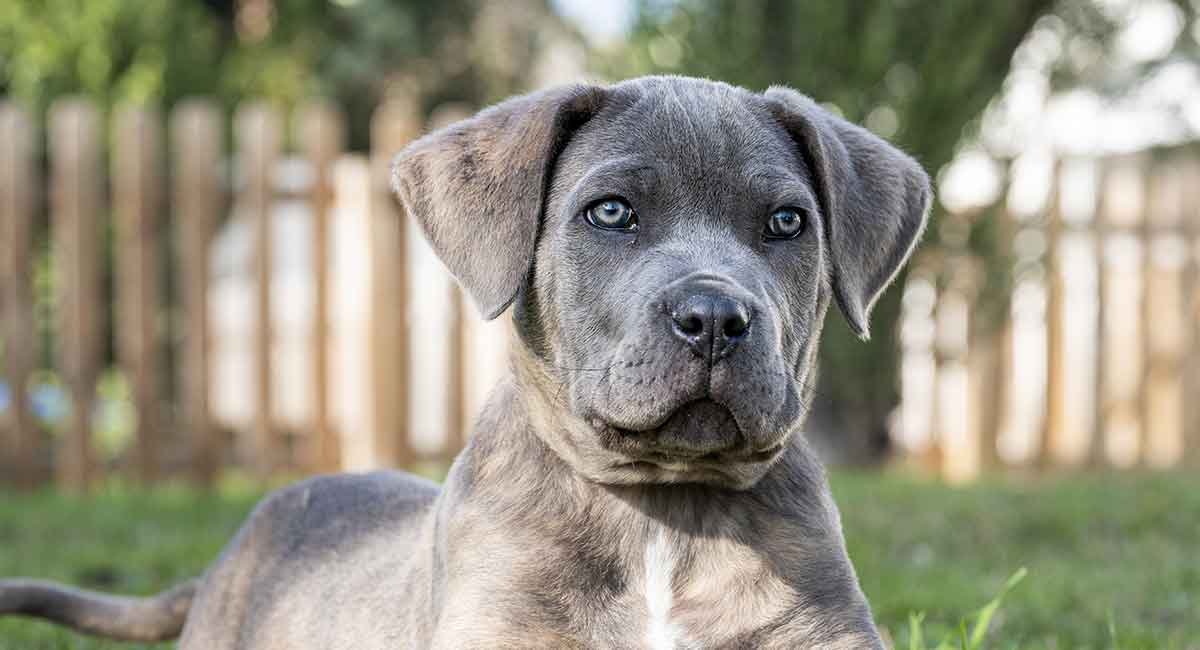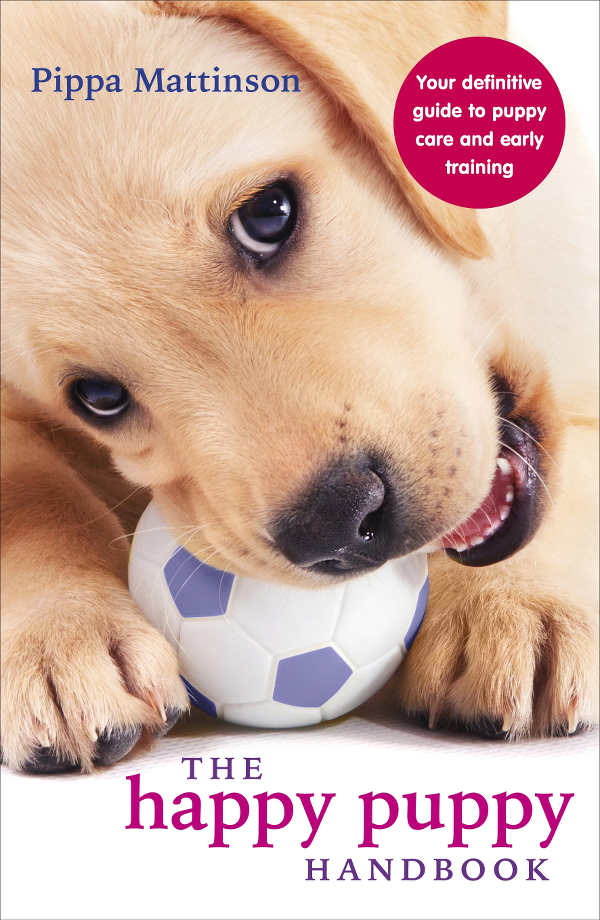
The disposition of a Cane Corso is confident, protective, assertive, vigilant, and loyal. These athletic hunting and herding dogs are descended from the ancient Roman Molosser. Cane de Corso is an ancient word for canines employed in agricultural chores such as herding livestock and swine. The disposition of the Cane Corso made them perfect for guarding land, animals, and families, as well as in battle. The Cane Corso is a big, robust, clever, energetic, and stubborn dog.
They adore their family, but they rarely express it. They want to be near you yet dislike stroking and cuddling. Because Cane Corsos are large dogs, contact with tiny children must be watched. Today we’ll look at what you may expect from your Cane Corso’s disposition as he grows from a puppy to an adolescent to adult. We will discuss how to get the most out of their personality and how to make their conduct fit in with your family and lifestyle.
The temperament of a Working Cane Corso
Because Cane Corsos were developed and taught to defend humans, they exhibit a variety of guard dog characteristics. This implies they are hyperaware and wary around strangers. They are also bold, self-assured, and driven individuals.
They are territorial canines who are considered to be fierce and hardworking. After all, Roman war dogs are their forefathers. They were frequently employed to hunt wild hogs and other large wildlife in southern Italy.
The Cane Corso was utilized for more than just hunting. They also resided on farms, where they guarded not only the owners and their families but also the cattle. This breed’s basic nature is to guard. They are frequently utilized as security dogs nowadays. Another common modern function for Cane Corsos is tracking.
The temperament of a Cane Corso
Cane Corso enthusiasts find them to be fantastic with members of their personal family. They’re also excellent watchdogs. However, sufficient training is required. This breed may be a steady and dependable friend. The Cane Corso, on the other hand, is naturally possessive, territorial, and suspicious of outsiders.
Cane Corsos are extremely sensitive to even the smallest indications of danger, interruption, or discomfort in the home. Anyone who challenges a Cane Corso or threatens to hurt them or their owner should avoid doing so.
Cane Corsos are very lively and active dogs who thrive on regular exercise despite their small stature. They do not, however, require as much activity as other high-energy dogs. They receive a lot of exercise by patrolling their house and yard, which is something they do naturally.
Cane Corsos are they friendly?
The Cane Corso is a devoted friend. They only want to satisfy their owner. Over thousands of years, their disposition has been bred into them. There is evidence that these canines were frequently tasked for babysitting small children in Ancient Rome’s household courtyards. These canines like children of all ages and play with a natural sense of proportion.
A Cane Corso might be wary of strangers, and aggressive behavior should never be encouraged. Even after years of teaching, this sort of behavior might persist. Protection training is unneeded and not encouraged.
This is likewise a calm breed that barks only when absolutely necessary. When a Cane Corso feels danger or becomes concerned, it changes from a nice companion to a protective and sometimes violent animal. However, if an owner devotes the necessary time and attention to training this breed, it may grow up to be a protective, loving, and trustworthy friend.
Is Aggression Part of the Cane Corso Temperament?
According to several research, the Cane Corso is aggressive. A large or small aggressive dog may lunge, bite, or even attack another human or dog. The Cane Corso temperament is more likely to feature hostility than that of other breeds which this trait was not chosen for.
It is distressing to witness a violent Cane Corso or any dog for that matter. And if your dog begins to misbehave, you must investigate the cause. Socialize them to combat this sort of conduct. Place them in places where they can socialize with other people and canines while under your watch.
Socializing the Cane Corso Temperament
Socialization is an absolute requirement to promote a correct temperament. Unfortunately, a lot of people are breeding or raising these dogs in irresponsible ways. As a result, Cane Corsos among other dogs can have unstable or aggressive temperaments that can potentially be dangerous.
Does Cane Corsos Get Along With Other Dogs?
Cane Corso pups should get along well with other animals. Puppies can grow more comfortable around new canines as they age with sufficient socialization.
Taking them for extended walks around your neighborhood or park is one method you may train them to be more sociable. They should get more at ease with new settings and people as time passes. You may also arrange for them to have one-on-one play sessions with other dogs.
It is best to do this while they are on a leash until they are comfortable and playful with one another. Continue doing this until they were more friendly and behaved in the presence of other people and pets. Taking them to a doggy kindergarten class is another excellent approach to socializing them. These are regulated surroundings with other canines that provide a safe atmosphere for socialization.

You will be there with other pet owners and dogs who are trying to achieve the same goal: to make their dogs more sociable and friendly. If this interests you, visit your local vet so they can recommend a perfect fit for you and your Cane Corso.
Are Cane Corsos Good Family Pets?
The Cane Corso can be a loving and devoted companion that wants nothing more than to please its owner. They are also known to be great guard dogs with a sharp sense of alertness. However, since they are a large-sized dog, they do not make the best dog for families with small children.
Furthermore, they also come with a lot of health issues, making them unpredictable and somewhat expensive to own.